Will H. Moore had a kind of personality that is best described by the phrase: "down for whatever". For those that don't know, this is defined brilliantly by the "urban dictionary" below:
down for whatever
Ready and willing to participate in most any activity. If said by your homie it implies that he is ready to have a good time in any situation.
That was how Will and I interacted with one another. Sometimes, Will would set it off and I would be like "Let's do it!". Sometimes, I would set it off and Will would be like "how do we start?" Some of these efforts never got off the ground, but they were still fascinating to imagine. Some were partially successful and incredible to try. Some failed miserably but were fun to attempt. Some were more successful than we could have possibly imagined and these were just heavenly or the urban/funkier version of that (Mo' Betta Hevnly).
In my new series, I am going to explore Will, Willness (or, Mooreing) and my interaction with him. These adventures are useful to put out there because it is soothing to remember them now and because they not only tell us something about the type of human that he is but also the type of humans, situations and social science that he helped create - these were connected in his mind. Most of these are not on either of our vitaes - we just did them in an effort to start something, try something, create some resource for ourselves and others.
At its core, the adventures represent some bizarre mashup that is part buddy film, part travel story, part Mindwalk and part bromance set over 25 years. To help me tell these stories, I will use film, music, literature and perhaps a drawing or painting or two.
Chris & Will Call 'Em Out
We were both soured on Maryland regarding how Will was treated in part because we were so close to being at the same institution. Following this, I started to look for and went on leaves at the Russell Sage Foundation and the Center for Advanced Studies in the Behavioral Sciences. I finally went to Notre Dame but before I got to work on trying to figure out how I could get Will there, I first had to figure out who was who and what was what. After like a year, I was on the committee to bring in visiting people and I was determined to see it through. This turned out to be a problem as he was unanimously selected.
Even after the invite, Will needed to be able to visit and stay for a year, negotiating with his department and life. He made it work and he quickly dove right in.
Almost within days of his arrival, Will joined our ongoing Workshop on Conflict and Contentious Politics in Kroc and the social movement workshop in sociology. Ever respectful, he asked if it would be ok if he talked to my students, which I of course agreed to. And shortly afterward, he started having one on ones with my students in order to listen to what they were working on and figure out how they could be helped. He was getting some writing done. We held a small conference on innovations in the study of human rights/state repression including the two of us, Emily Ritter (then at Alabama) and David Armstrong (then at Wisconsin). Also, Will and I also started working out with Neil MacDonald as he developed his new cross-training workout routine called (appropriately) “Macfit”. Part of this involved rather rowdy games of 21 which is kind of the basketball version of everyone for themselves with a little dose of my opponent’s opponent is my friend.
Ideas started flowing about stuff we could do while he was there. On one of our weekly dinners, we had talked about some news story and it was hilarious because of some stuff that bothered us both: the way the article portrayed the conflict and the actors. In particular, the piece described the conflict like a sporting event. They identified the sides/teams (the government and the challengers), the reasons (i.e., oil, ethnic hatred, etc.), potentially the score (i.e., how many died recently or how much territory had been gained) and then you were on to the next story/next problem/next game. This was frustrating and somewhat infuriating. First, it seemed to trivialize the situation. Second, it also simplified it to such an extent that it no longer really captured the complexity.
Our response would not surprise most: we decided to talk about it but do it in a slightly different format taking it online. Our hook was our directness and focus. Called “Chris and Will Call ‘em Out”, we would go directly for the throat of the problem: addressing “tropes” (i.e., a common or overused theme or device) employed within the news media used to frame/discuss/report on political conflict/violence, doing this for about an hour or less (depending upon the mood/vibe). As we put forward in our general statement:
We created this podcast to identify as well as critically analyze the common tropes that news media propagate in their coverage of popular challenges to governments and their policies (i.e., protest, riots, insurgency, terror attacks, and so on) as well as the responses of governments to these challenges (i.e., protest policing, counter-insurgency/terrorism and domestic spying). We hope to spur a dialogue among those who study these subjects and the media professionals who cover them.
We do this because the process through which news professionals cover protest, rebellion, government repression, genocide, civil war, terror attacks, etc. severely constrains our ability to understand these processes. By serving as conduits who speak with government representatives, then (sometimes) turn to representatives of "the other, side," and pass along what they are told journalists play a critical role in the social transmission of tropes that harm us as human beings. We seek to expose these tropes and press journalists to abandon them and change their practice of covering these events to better provide human beings with news about protest, rebellion, genocide, torture, civil war, terror attacks, anti-riot behavior, etc. that can play a role in the positive development of human society.
Collectively, we have spent approximately 40 years studying the topic of political conflict and violence - sometimes independently and sometimes collaboratively. To do this, we have relied upon various techniques common to individuals in political science and sociology: the systematic evaluation of information from the media and increasingly NGOs. There are various strengths and limitations involved with using this material and with increased use of these sources in the popular and social scientific domains, we felt it would be useful and fun actually to put forward our opinions as well as insights on the topic. We do this do educate, incite and entertain.
When we thought about doing this, it was clear that we wanted to do it in a way that was intellectually rigorous, engaging and true to our personalities. As a result, we just thought that we would sit down, press record and go at it - something we have done since we met, almost 18 years ago.
We are not frequently of one mind on things (indeed, we may not even be of two minds on some things) but we always have something to say. We leave it up to you to determine whether we are educational, inciting or entertaining.
On this page you will find our taped conversations (episodes), some video excerpts from the episodes, links to the various materials that were consulted for the session or things we just thought were interesting on the topic, the schedule for future episodes and our bios.
Enjoy
Christian Davenport
Will Moore
What did we do? Well, before each session, we each selected readings or angles we wanted to pursue, we read, took notes, pointed the video and pressed record. (While I wanted to share those videos, I am currently not able to because the old Mac program Iweb is holding the video hostage. If you have any advice on getting them out, let me know. As an alternative, I am going to post the session as podcasts.)
All told, we did five sessions: 1) London Riots 2011, 2) Egypt 2011, 3) Syria 2011, 4) Oakland 2012 and 5) Bloody Sunday, Northern Ireland 2012. For each, we provided tropes and links to the stories we consulted. I also remember that we also provided some interesting commentary. For example, in our episode concerning coverage of the Egyptian Coup/Revolution we noted the following:
These are the tropes for the Egyptian Coup (aka Revolution):
* Athletic Competition:
- Who is playing?
- Two teams: unitary actors (ignores competition within the "sides")
- Focus on titular leaders of each "team"
This inadvertently plays into Military's ability to conduct a coup that is "consumed" as a revolution.
* The American foundational myth:
- When the people rebel, the system will change (demands for democracy will produce it)
* Explanation focuses upon factors that have been the same for years
- Discontent, Poor Economy, Rights Abuses
* Physical analogies
- Sparks that ignite
- Pots that boil over
* Loaded terms (often Orientalism as defined by Said)
- Stable country
- Volatile region
- "highly fluid, opaque and dangerous situation." (see BBC piece)
Questions that journalists ask
* Who made decisions (not to) repress?
- This question should always be asked in countries with a history of government repression--regardless of whether there is repression or repression does not occur on a given day--of government officials, dissidents, and any "experts" who are interviewed. In addition to the inherent interest, It will help illuminate the extent to which the government "speaks with one voice" or is becoming factionalized.
* Why was the military able to "sit on the sidelines"?
- When tens of thousands (or more) people are on the street in a repressive regime, the government is split and reporters should explore what portions of the government are unwilling to crack down?
Reporters can do Internet-based background research (e.g., US State Department Human Rights Reports, as well as those by Amnesty International and Human Rights Watch) to learn quickly whether the police, military, or other state agencies are responsible/complicit in repression. Doing so will help them vet the quality of the responses they receive when they ask questions of government officials, dissidents (leaders and people in the street), as well as "Egypt experts."
* Who were the thugs (those on horse and camel who beat the protestors)?
We began the sessions with discussing the background of the case. We then mentioned what sources we looked at – by name and dates. We then moved to tropes.
For example, in the Northern Ireland Bloody Sunday episode, Will started off noting that the writing was really great in the articles he looked at (e.g., Springfield Union). This stood out because we rarely (if ever) liked the quality of the writing. Interestingly, the sources that Will read were relatively trope free. There was a little “Athletic competition” (two sides going back and forth) but there were none of the others that consistently seemed to pop up: e.g., no physical or biological analogies.
I then kicked in noting that there was "athletic competition" between Republican vs Loyalists but there was simultaneously some disaggregation of Republican/Catholic group (e.g., IRA snipers).
Will then prompted me for a little bit of backstory of “Bloody Sunday” beginning with mentioning the U2 song (probably the gateway drug for most on the topic). He mentioned my Northern Ireland Research Initiative project and asked for a quick overview.
I spoke of something that someone told me in Belfast: “to understand the troubles, you need to understand a thousand year history”. Since we were not going to do that, I started with the 1920s – move to independence of Northern Ireland from the British government following occupation, the dueling conceptions of what should happen with the territory (independence or stay) and some background on the two “sides” (overlaid with religious organization): Catholics/Republicans vs. Protestant/Loyalists. I ended this with mentioning the 1968 civil rights turn.
Will then kicked in with a discussion of the geographic and political importance of Londonderry and the Bogside in particular. His background reading was impressive. He noted the desire for representation and civil liberties, the non-violent challenge, the more militant stance put forward by others, the internment of 600 IRA members and the protest about that internment that led to Bloody Sunday.
Will noted that the British banned parades and protests (which was consistent throughout the colonies). But, folks went against the ban with parades on Sunday to protest mass arrest/throughout Ulster/NI. It was said that Londonderry was “tense”. In fact, an older man and a child were shot in a confrontation/riot a week before folks were arrested in Belfast.
The Brits set up an armed barricade with barbed wire, right on the spot where there had been clashes. The demonstration on Sunday was not stopped at the beginning but rather there was an attempt made later. There is an attempt to disperse the crowd, rocks are thrown and shots are fired.
When the event is over: 13 people are dead and shot in the back. That is Bloody Sunday.
Tropes in these stories were clear. I went into the two sides: the army (cohesive unit) there to disrupt illegal act and the civil rights association’s “illegal” action.
Will added that there was a spin off this with youth/rock throwers who are instigators and some mention of IRA snipers (in british papers)
We were taken with the dated nature of the coverage – the objective, balanced, coverage and how careful the sources were. We reflected on how the relevant events would have been covered in the US, agreeing that they would not have been written as well.
I mentioned the biased way that the brinks robbery and black nationalists were discussed and Will talked about Kent State coverage.
We noted that it was very informative who was quoted. For example, the British Military was never quoted in Republican/Catholic sources.
Will noted that the military was frequently quoted in the Protestant/Loyalist sources that he consulted.
At the same time, what is really heartwarming to hear/see when looking over the sessions, was that we simply had a really great time exploring the topic and riffing about the news and contention in my living room for a couple of months. There were a hundred gems in each conversation, a few potentially publishable ideas and some infectious laughter.
Links to Stories for Episode #5 (Bloody Sunday)
"The division deepens", The Guardian, February 1, 1972
"For kids in Londonderry: The name of the game is.... War", Boston Globe, March 12, 1972
"Northern Ireland: Afternath to a Bloody Sunday" Los Angeles Times, February 2, 1972.
"Ulster on Brink of Civil War: Dilemma for Britain", The Times of India, February 10, 1972
"Bloody Sunday blames on C.R. Organisers: British Army criticized for launching arrest operation", The Irish Times, April 20, 1972.
"Miss Devlin lands 3 haymakers on Britain's home secretary", Boston Globe, February 1, 1972
"Cardinal asks Heath to hold Public Inquiry: Widespread Protests over Derry Shooting", The Irish Times, January 31, 1972.
"Commander defends shooting by trooops", The Irish Times, January 31, 1972.
"Britain to Reopen its inquiry of '72 in Ulster Killings: Scar of Bloody Sunday", New York Times, January 30, 1998
"'Derry Tense on Eve of March" Associated Press, Springfield Sunday Republican, January 30, 1972.
"13 Irish Deaths Called Murder." Associated Press, The Times Picuyane, January 31, 1972.
"13 Killed in Ireland as British Hit Rally" Associated Press, January 31, 1972.
"Troops Kill 13 in Londonderry" New York Times News Service, The Springfield Union, January 31, 1972.
"Belfast Rioting Spreads" United Press International, February 1, 1972.
"Aftermath of Bombing in Northern Ireland" Associated Press, The Times Picayune, February 1, 1972.
"Maulding Feels Bernadette Ire" Arthur L. Gavson, Associated Press, The Times Picayune, February 1, 1972.
"Ulster's Bloody Sunday: An Hour of Death, Panic, Tears" Donal O'Higgins, Associated Press, The Evening Times, Trenton, February 1, 1972.
"Ulster at a Boil Over 13 Killings" Associated Press, The Plains Dealer, February 1, 1972.
"Most Victims in Ulster Said Shot in Back" The Springfield Union, February 2, 1972.


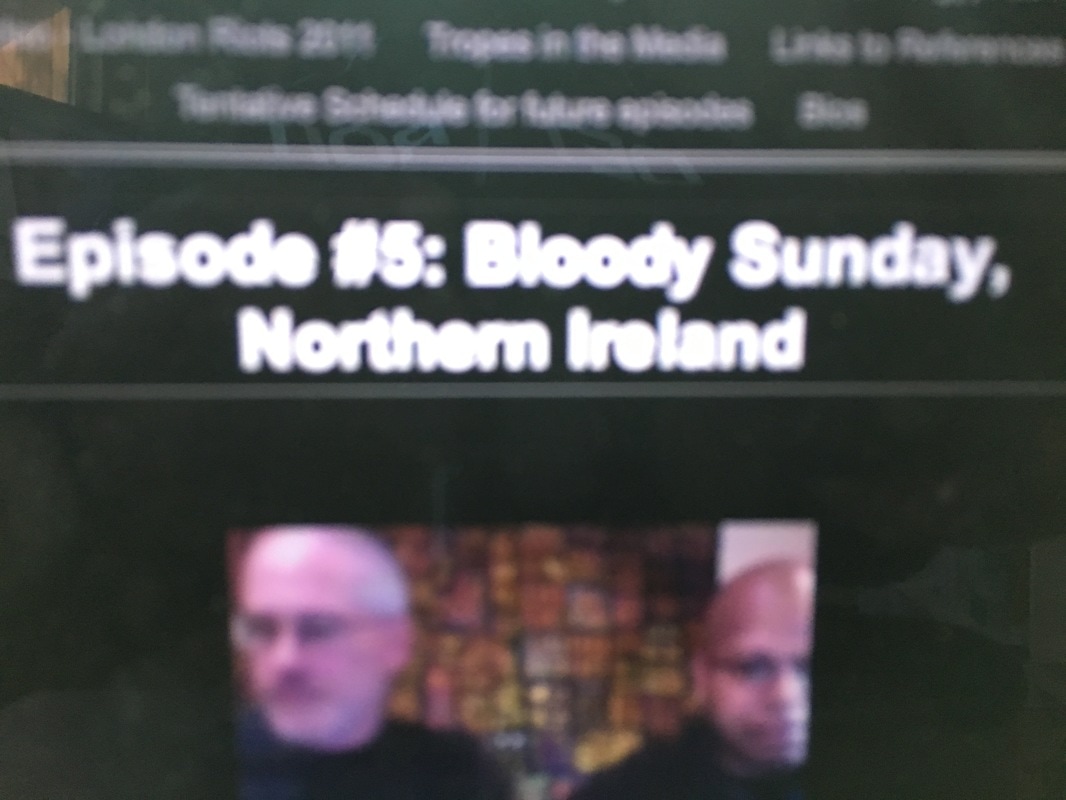
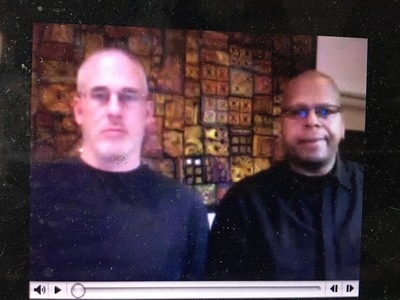
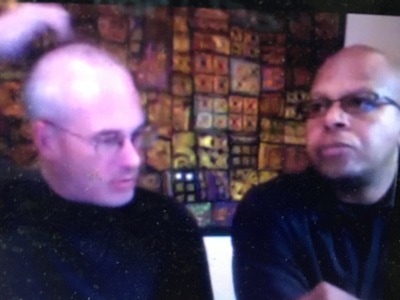
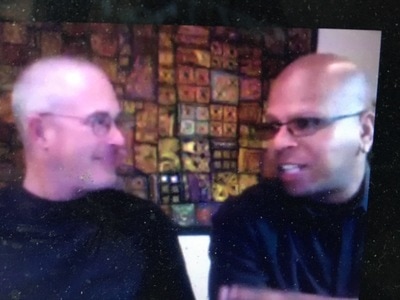
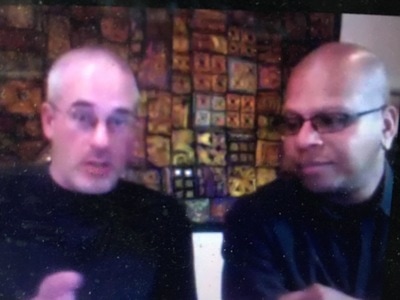
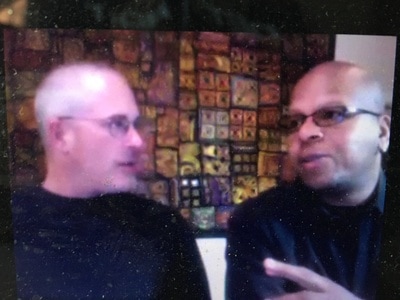
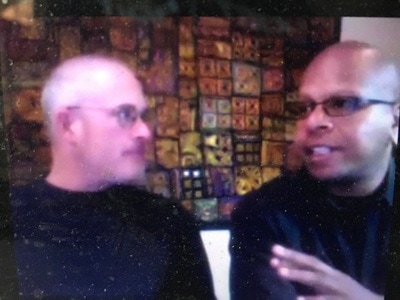
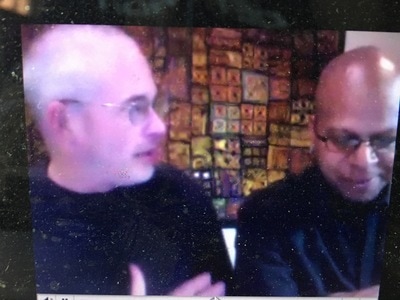
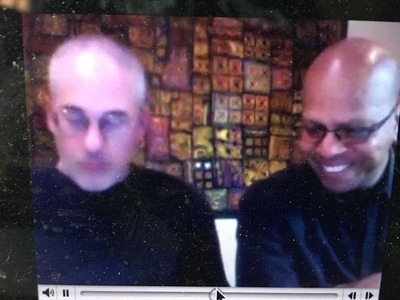
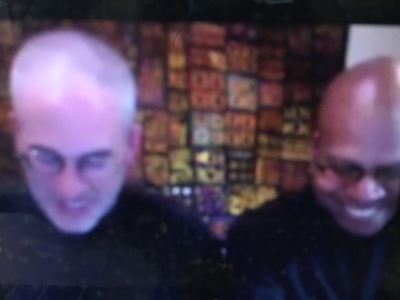
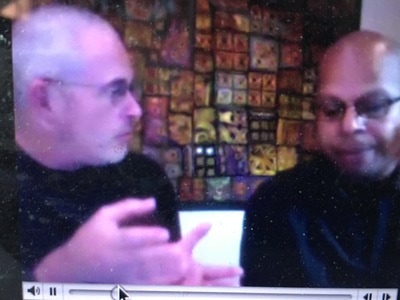

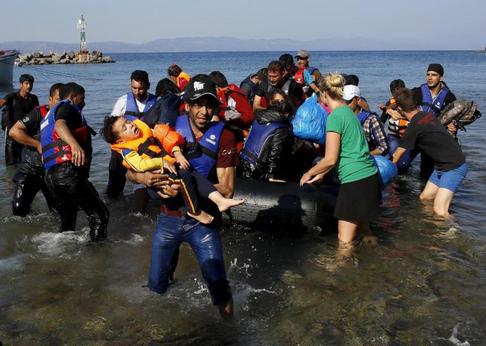
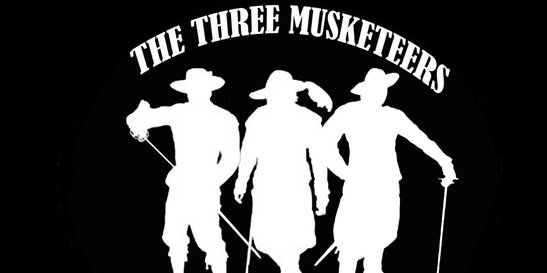
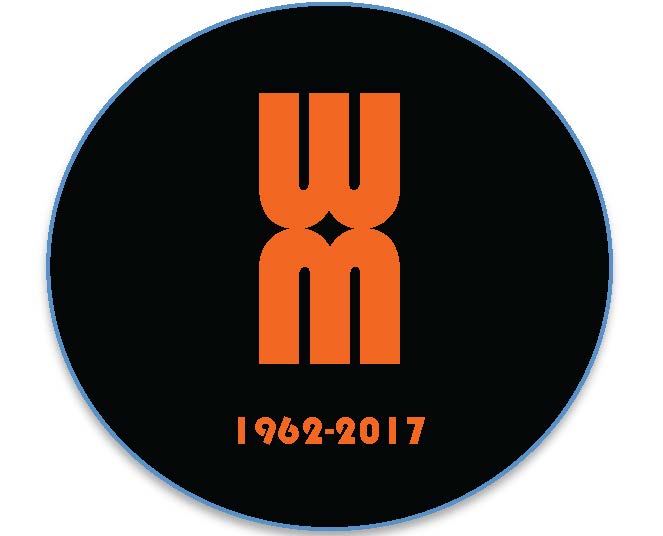
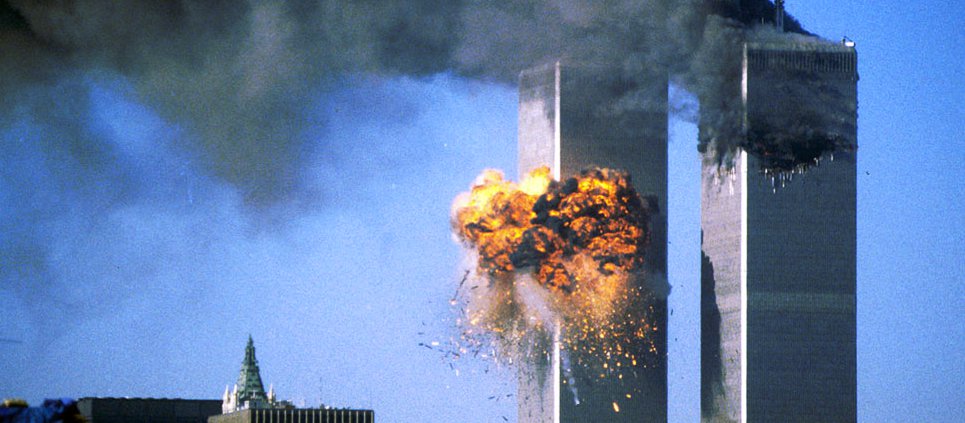
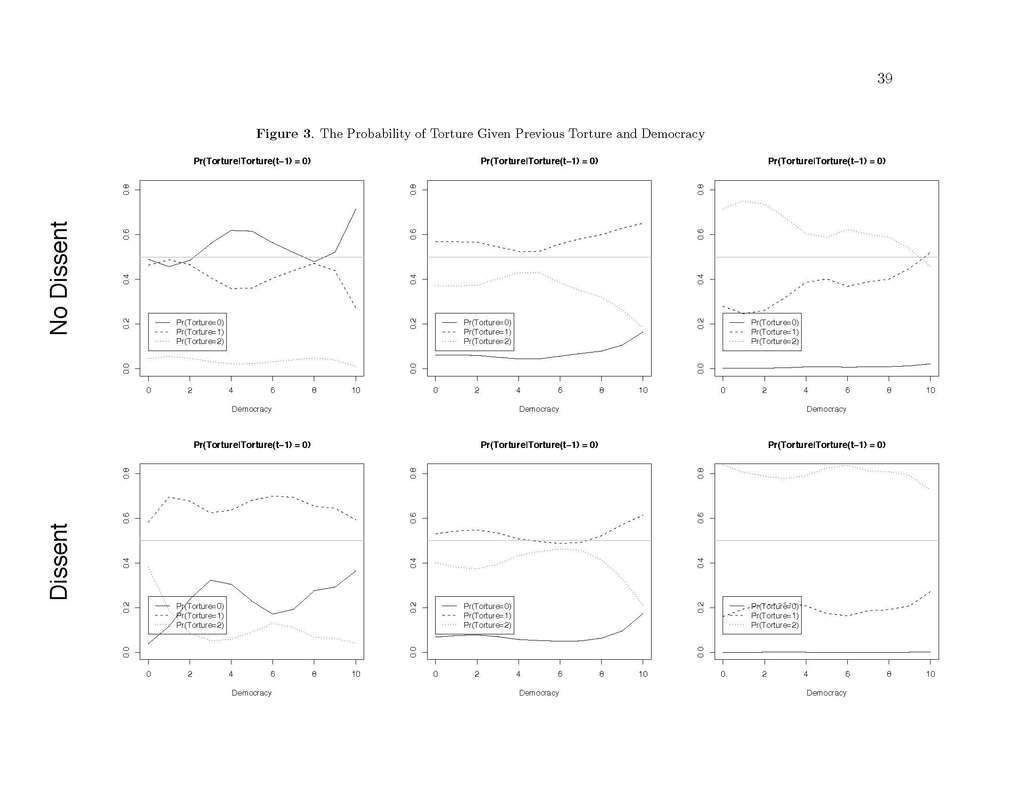
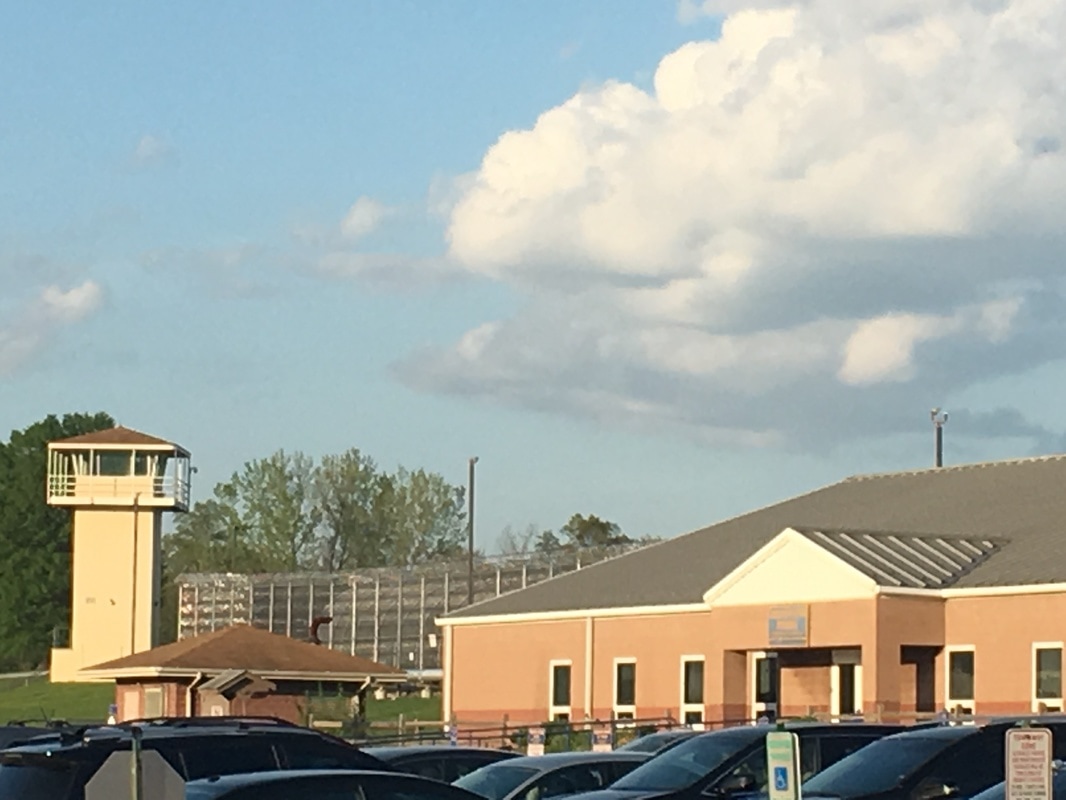
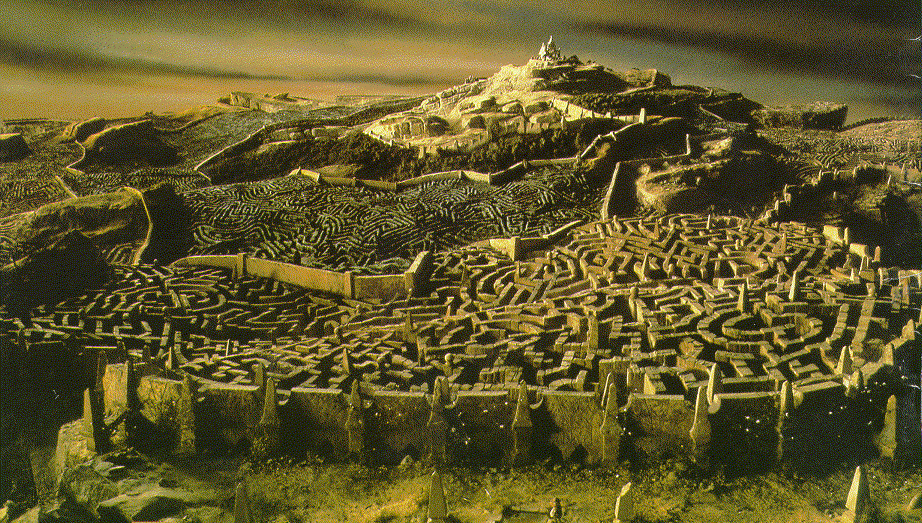

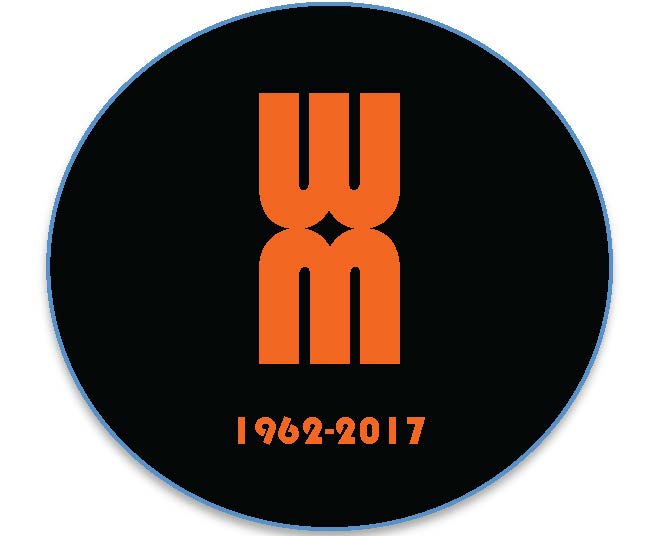
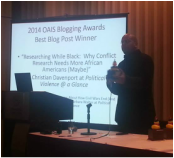
 RSS Feed
RSS Feed
